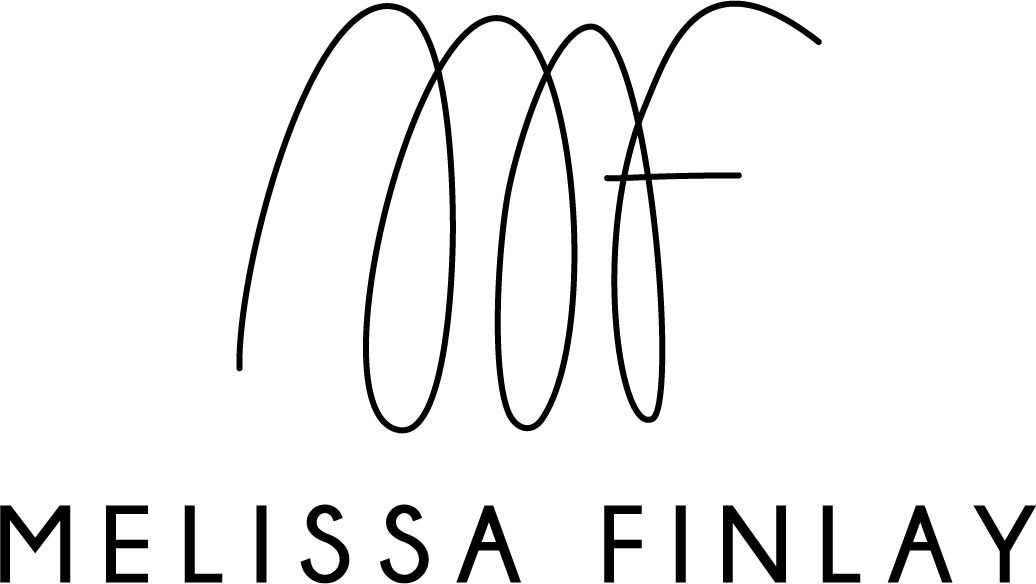based in Melbourne, Australia

As a soon to be mum, we prepare for the birth of our babies, (birth classes, podcasts), we prepare for bringing the baby home (nappies, bassinet and breast pumps), but how do we prepare for the physical and emotional changes we feel when when we enter into motherhood, and beyond?
Something that is often overlooked when we're preparing to bring baby home, is how we are going to feel emotionally in the days weeks, even months after. Our bodies go through some huge changes in the postpartum period, and one of the biggest changes of all is how our hormones change and respond to this period in our life. This isn’t exclusive to the fourth trimester, (the first three months after birth) these changes can affect us for months, sometimes years into our motherhood journey.
During pregnancy, and with the growing of the placenta, our progesterone levels increase to create a healthy environment to grow our baby. Progesterone has a calming effect on our mind and can makes us feel really relaxed, but when our baby is born, and with it the placenta, we experience a pretty dramatic drop in this calming hormone, so that we can start producing the hormones that help us to produce milk, and start contracting our uterus back to its normal size. With these big shifts, our emotional state can come off second best.
Feeling that sudden rush of teariness that lasts for a couple of days after our baby is born is so normal and most new mums know this, but what a lot of us don’t know is that it actually takes our bodies and brains a lot longer to get back to a balanced hormonal state, and with that we may not feel like ourselves again for a really long time.
The time it takes to feel “normal” again is different for everyone, as our body works to recalibrate and start producing hormones again at normal levels and in a regular way that becomes our normal cycle. During this transition period, we can be left feeling anxious, sad and moody, and even depressed. This isn’t the case for all mums, but it is estimated that as many of 80% of new mums experience these feelings. (PANDA.org.au) If you are breastfeeding your baby, this process can take even longer as our body keeps signalling to produce milk to feed the baby.
This all sound pretty bleak for mums, but rest assured there are things you can do to ensure that this process is as efficient and effective for you as possible, so that you can move through this time knowing that if you are struggling with your emotions right now, things can get better.
- Get your nutrient levels checked at your six week appointment. After pregnancy and birth, nutrients such as iron, vitamin D, zinc and vitamin B12 can be depleted as we give so much to our babies. These specific nutrients contribute to our energy levels, our brain clarity and how effectively we produce and use hormones. So when these are depleted it can make us feel pretty low. This can go on for many years into motherhood if they are not corrected.
- If you are deficient in some nutrients, speak to your doctor or allied health care provider about correct supplementation, to help boost your levels back up to an optimal amount. When we are depleted like that it can be hard to get on top of it, we need some extra help to get levels back up before we can rely on a healthy diet alone to do the job.
- Ensure you are eating regular, nutritious meals and snacks. I know this can be easier said than done when you have a baby and possibly other kids as well, prepping ahead of time is key, as is asking for help from partners, family and friends. Don’t be afraid to reach out to get what you need for yourself.
- Speak to someone about how you are feeling. It’s okay to not be okay, and talking to a loved one, or a professional can help you work through and understand how you’re feeling. f you're not sure where to turn, I recommend heading to PANDA.org.au for support, you can also call PANDA National Perinatal Anxiety and Depression Helpline on 1300 726 306 9am – 7.30pm Mon – Fri (AEST/AEDT).
- Lastly, make sure you make time for yourself to do things you love. Self care helps us de-stress which has enormous positive effects on hormone balance.
If you're struggling with post natal depletion and not sure what to do, please know I am here to help. You can book in a time to speak to me about how I can help you.

